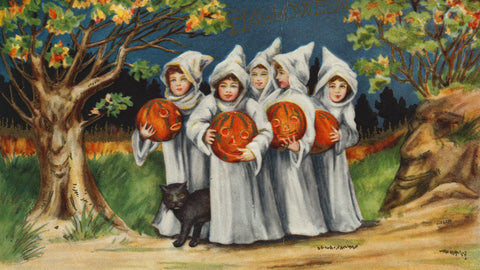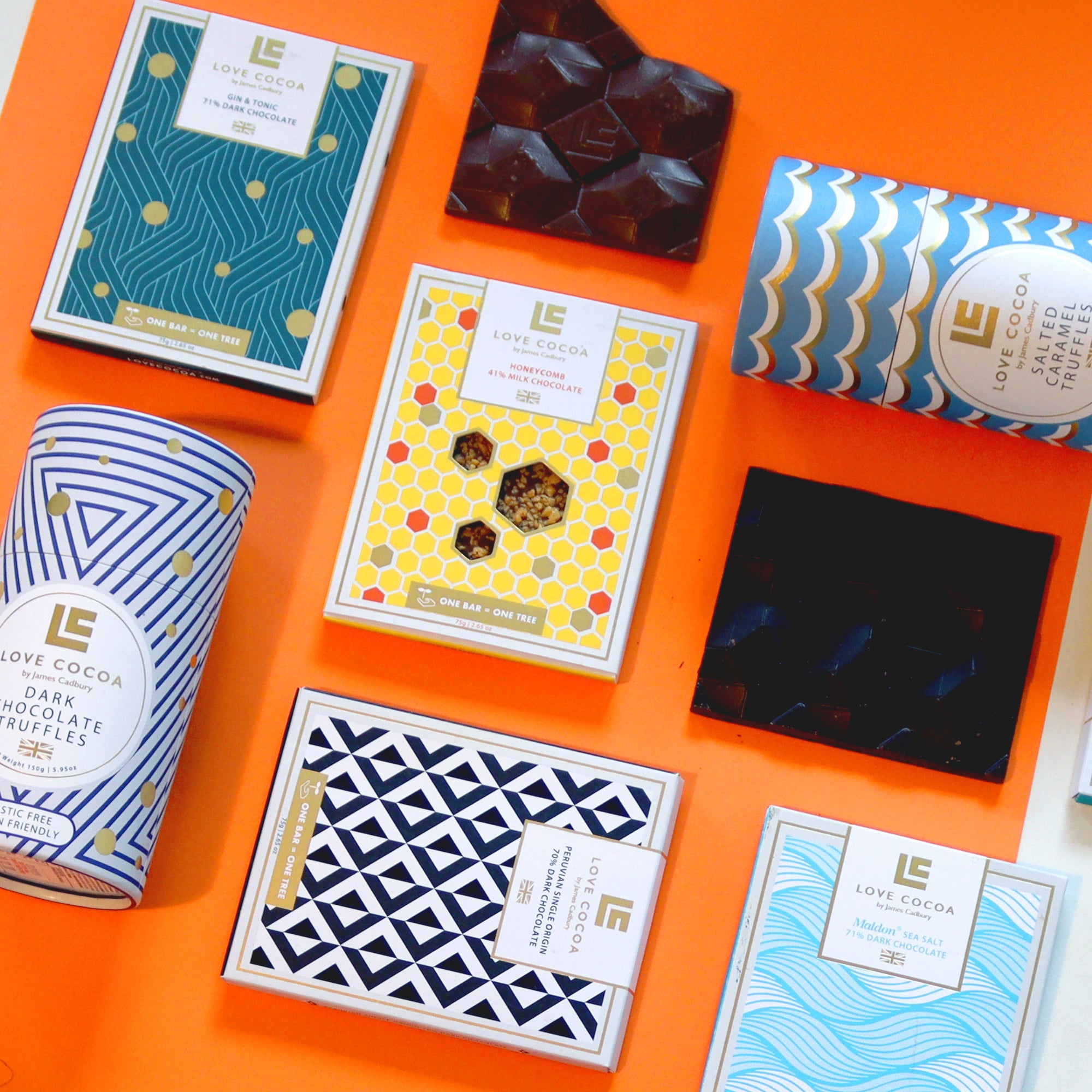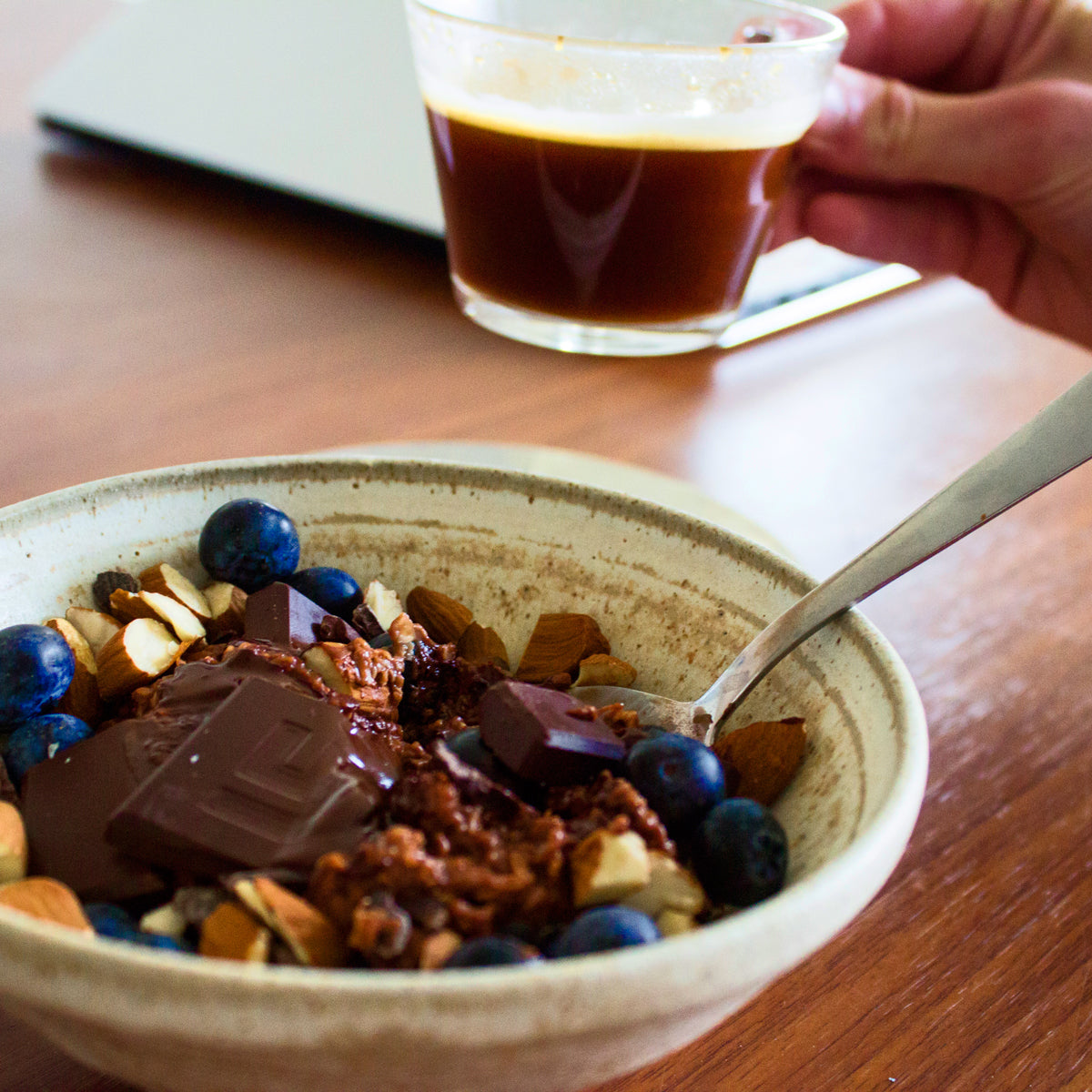For children (and adults!) Halloween is one of those rare, joyous occasions where you receive the unspoken permission to stuff your face with enough sweets and chocolate to last you a year 😍🍫
However, one of, if not, the most exciting thing about Halloween is the way in which you come to receive all of these edible goodies in the first place: Trick or Treating. As a child, nothing quite compares to being able to stay up late, dress up, scare your neighbours, and parade up and down the streets with your friends as adults gift you handfuls of chocolate and candy at their doors 🎃
Trick or treating is a staple part of Halloween, and one that the majority of people engage in without really wondering why we do it, or where this rather odd tradition comes from. Luckily for you, we've done some investigating, and are here to give you a brief backstory behind the trick or treating tradition 👻

Rykoff Collection / Getty Images
EARLY ORIGINS
The exact origins of trick or treating haven't yet been pinpointed by historians, but they have uncovered evidence that versions of this practice existed in ancient Celtic festivals, medieval practices, and Roman Catholic holidays.
The Celts:
Halloween itself is rooted in an ancient Celtic festival known as "Samhain", traditionally celebrated at night on the 31st of October. During "Samhain" it was believed that the dead returned to earth, meaning the living had to pay homage to those who had passed, predominately through lighting bonfires and offering sacrifices. On top of this, it is said that during these celebrations many villagers would adorn themselves in costumes made of animal skin, to form a disguise believed to help drive away ghostly visitors, as well as leaving out prepared banquet tables, laden with food to appease unwanted ghouls.

Click for Image Source


